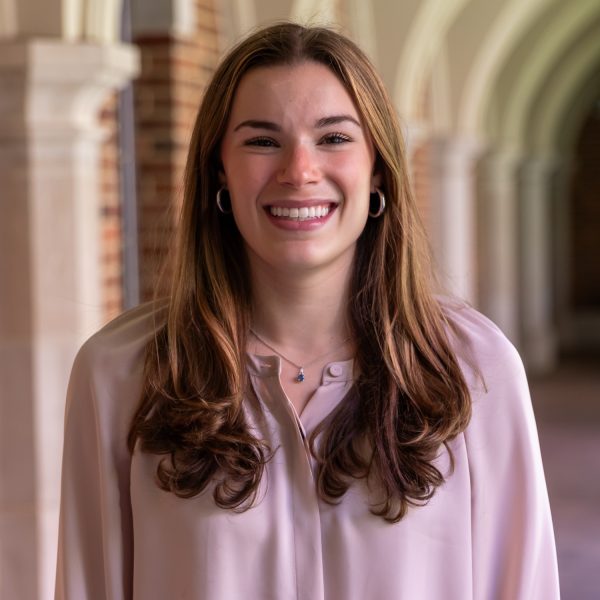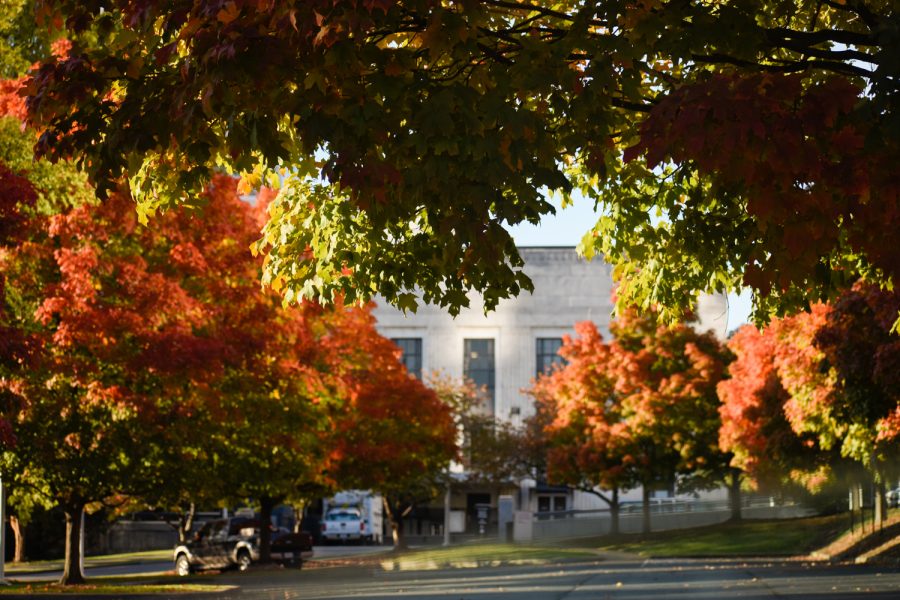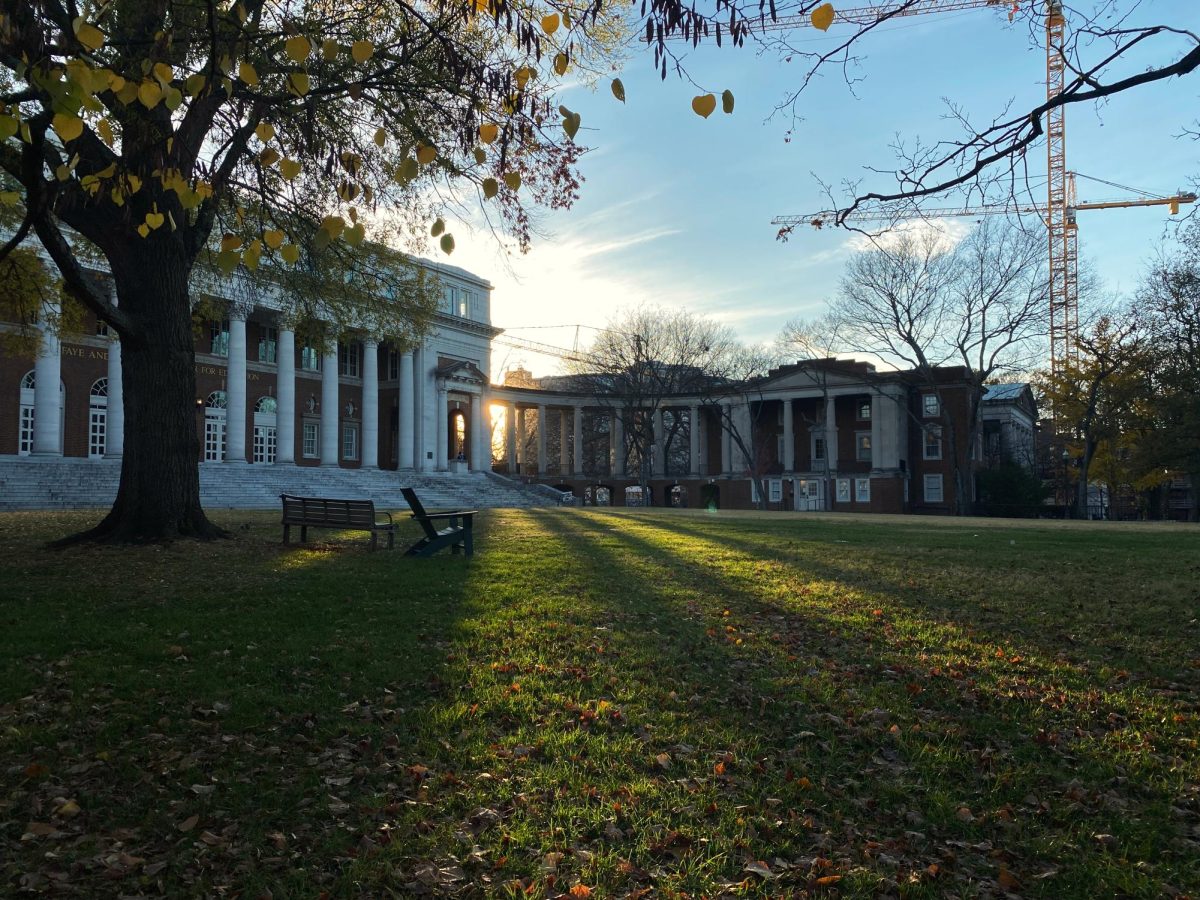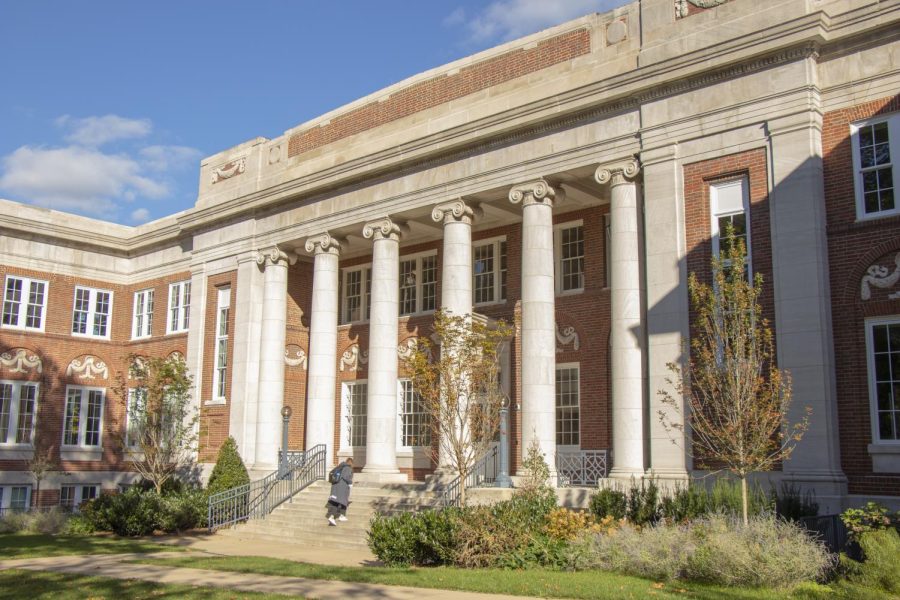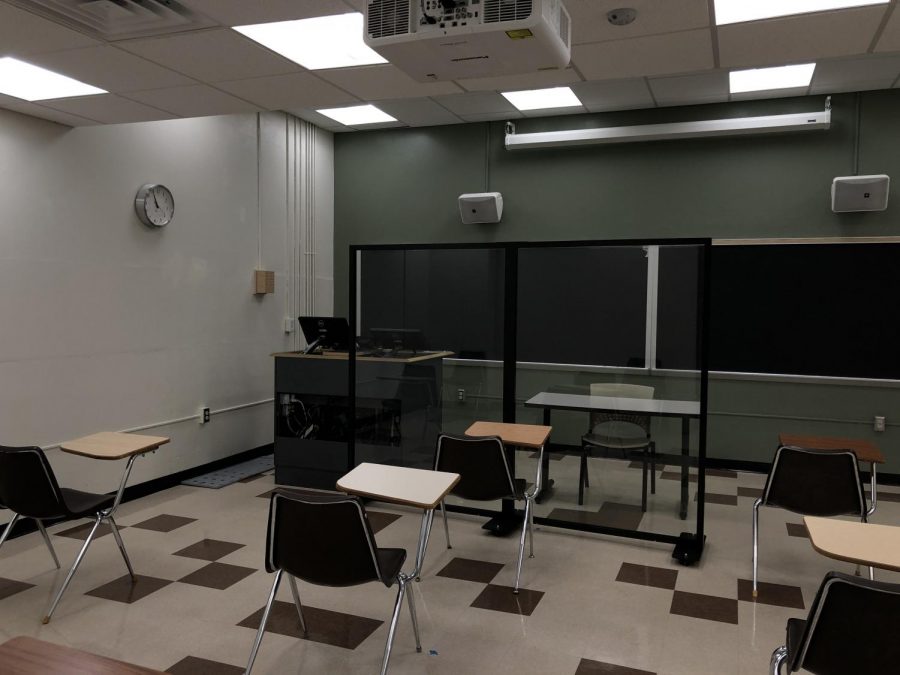Vanderbilt initiated a new partnership with Metro Nashville Public Schools that will take effect during the 2024-25 admissions cycle. The partnership, which follows the university’s expansion of “Opportunity Vanderbilt” in February, aims to make Vanderbilt more accessible and affordable for students attending public schools in the greater Nashville area.
The program will be implemented in collaboration with Chancellor Daniel Diermeier; Dr. André L. Churchwell, senior adviser on inclusion and community outreach; Douglas Christiansen, Vice Provost for University Enrollment Affairs and Adrienne Battle, MNPS Director of Schools. In addition to guiding MNPS students through the college process and encouraging them to attend local universities, the partnership pledges to ease the financial burdens associated with attending Vanderbilt and succeeding in academia.
Christiansen, who was heavily involved with launching the program, explained how the initiative was first brainstormed and why it targets students in the Nashville metropolitan area.
“[Churchwell and I] were talking about what we could do with a great school district that’s in our own backyard,” Christiansen said. “We have about 10% of students in the total population [of Vanderbilt] come from the state of Tennessee, and those students primarily come from Nashville, Memphis and Knoxville, so we really wanted to serve students in the Metro schools. We got a team together of data analysts, our financial aid folks and our admissions folks … [and] we set up an initial call with Dr. Battle, who was very interested. And from there, we started the program we have now.”
Per the program announcement in a MyVU article, the program will cover the cost of tuition, fees, housing and meals for MNPS students who are admitted to Vanderbilt through Early Decision, as well as other admitted MNPS students who qualify for a Pell Grant or whose parents earn less than $100,000 annually. The initiative also committed to providing students with a one-time summer internship stipend of $6,000.
In the MyVU article, Battle explained how MNPS’ collaboration with Vanderbilt aims to alleviate educational inequities and prepare students for higher education.
“We would love to see more of our students from Nashville high schools walk through [Vanderbilt’s] doors upon graduation,” Battle said. “This partnership with Vanderbilt will help us to ensure that we are improving the focused outcomes of all students so that they are prepared for success here at Metro schools, ready to attend Vanderbilt if they desire, and so they can thrive in life beyond graduation.”
In addition to the financial aspect of college accessibility, Vanderbilt will collaborate with teachers, counselors and administrators within the MNPS system to help students navigate the admissions process, with a specific focus on the process at Vanderbilt. The partnership aims to not only increase the pipeline of Nashville public school graduates to Vanderbilt, but also to prepare MNPS students for general success in college admissions.
Christiansen underscored that these initiatives will start early in MNPS students’ high school careers to prepare them to attend the college of their choice.
“A lot of the program will be dedicated to working with younger students and their curriculum choices so that they understand what they need to be doing [to prepare for college],” Christiansen said. “Sometimes, we would be working with first-generation students or students with less access to educational capital. [College admissions] can seem like a big black box, and we want to demystify that by directly working with parents, younger students, teachers and college counselors.”
The program commits to increasing the number of MNPS students admitted to and attending Vanderbilt in the MyVU article, but Christiansen said that the program has no specific statistical goal to this effect after its implementation — the broader objective of the partnership is to decrease educational disparities.
“Vanderbilt has a holistic admissions process … and the [amount of people who apply from the Nashville area] out of a 46,000-person applicant pool ebbs and flows from year to year,” Christiansen said. “We’re not setting a standard that we want X percent [of students] to come from the Nashville area … but our belief and hope is that it will increase. The larger goal is that more students go to college, wherever it is that they choose.”
Third-year student Alea Clark, who attended high school in the Nashville area, was attracted to Vanderbilt partly because of its local appeal. She believes that the program will better ensure continuity between the university and the local community.
“I think it’s amazing that Vanderbilt is taking the initiative to expand its opportunities for MNPS students,” Clark said. “I have loved my time here at Vanderbilt so far, and I think increasing accessibility for local students is a great way to foster community in the Nashville area both within and outside of the student body.”



